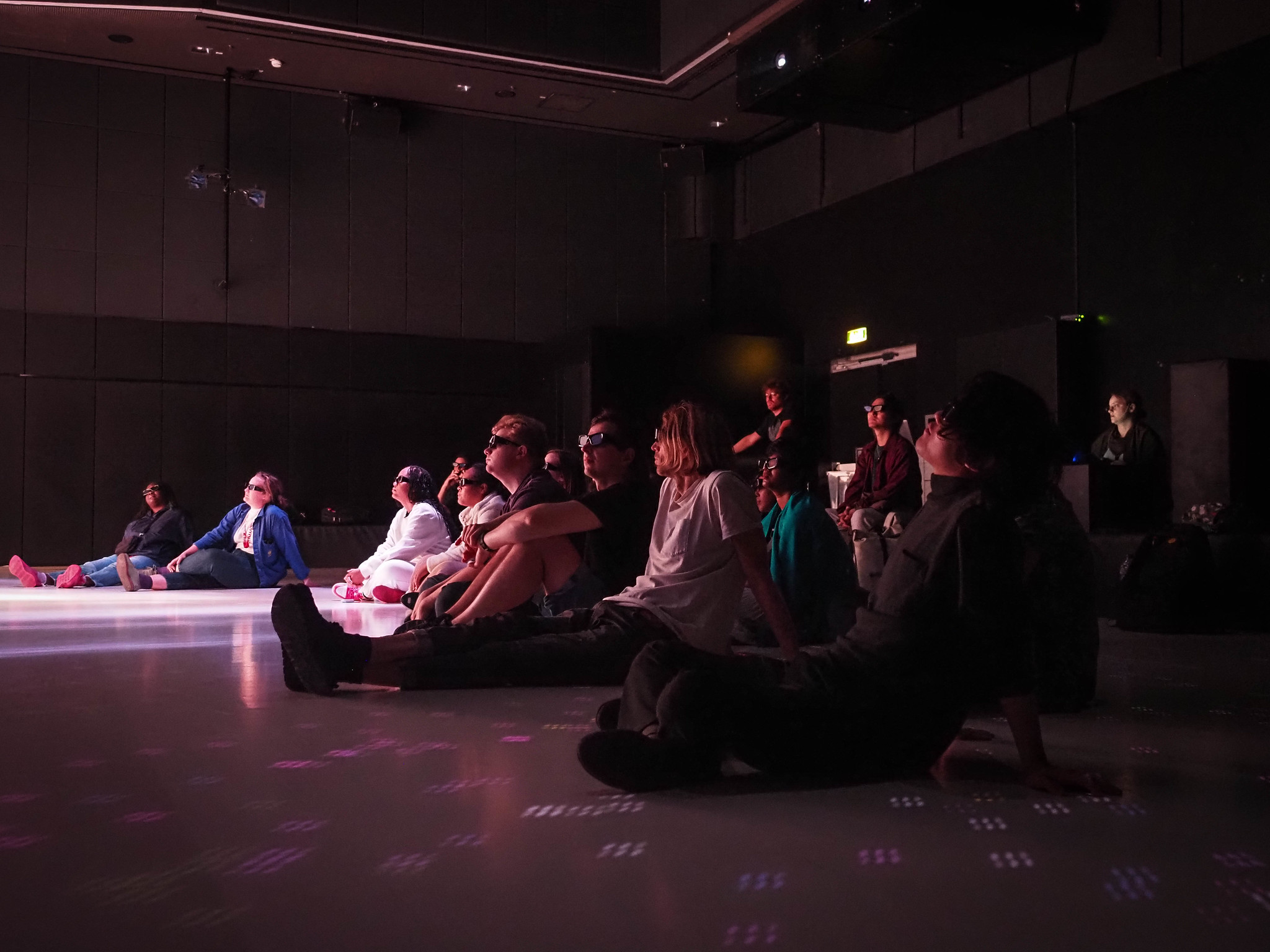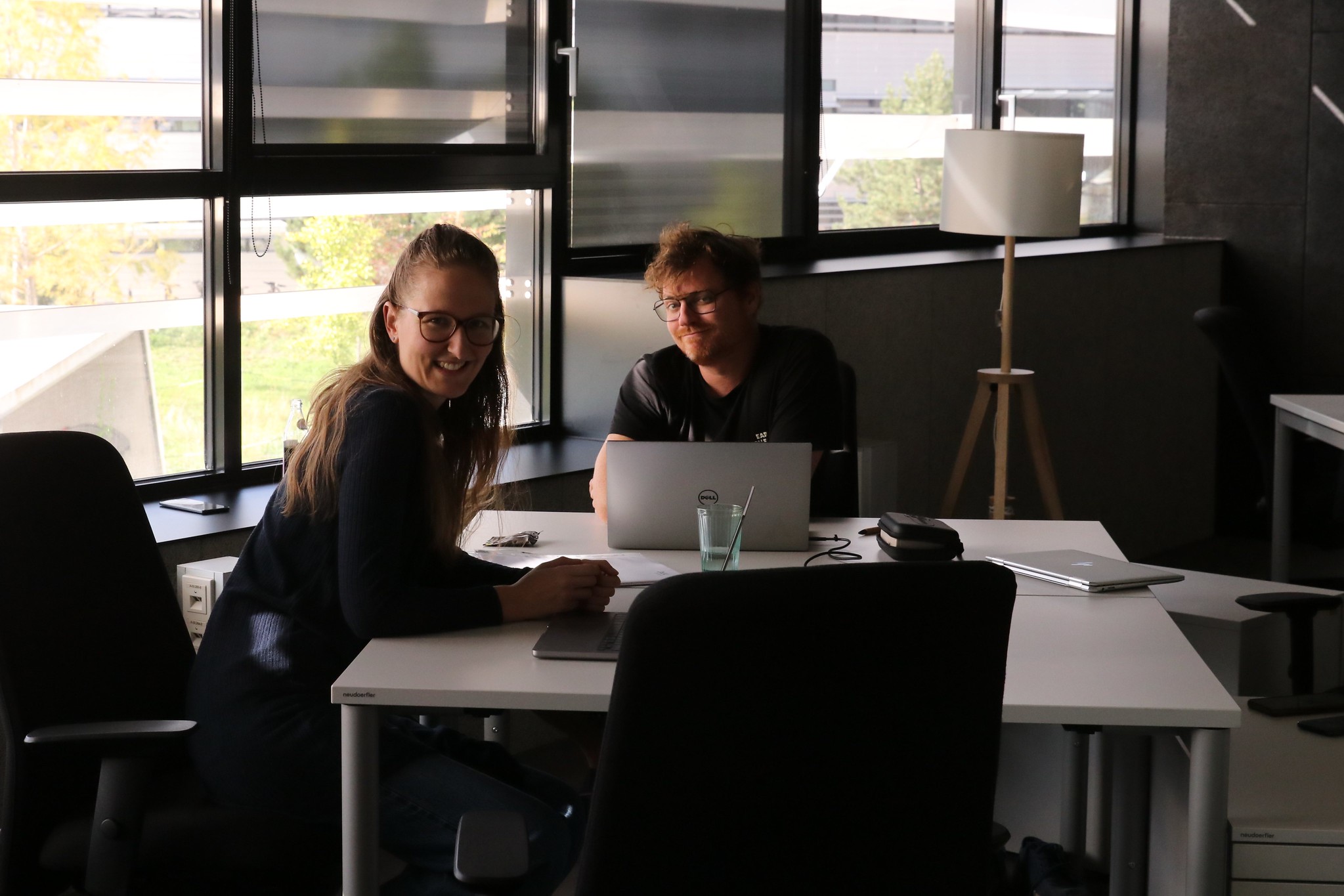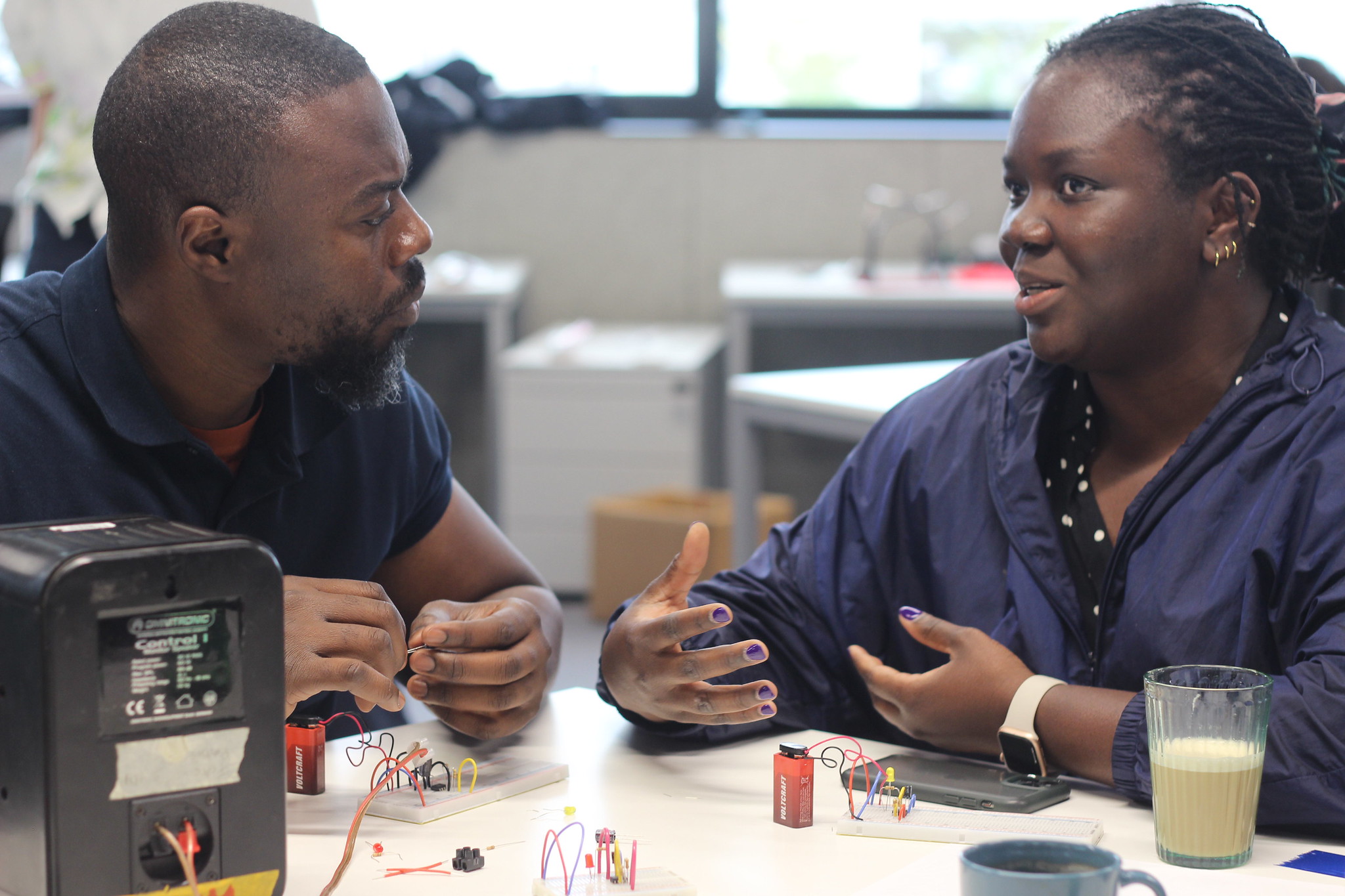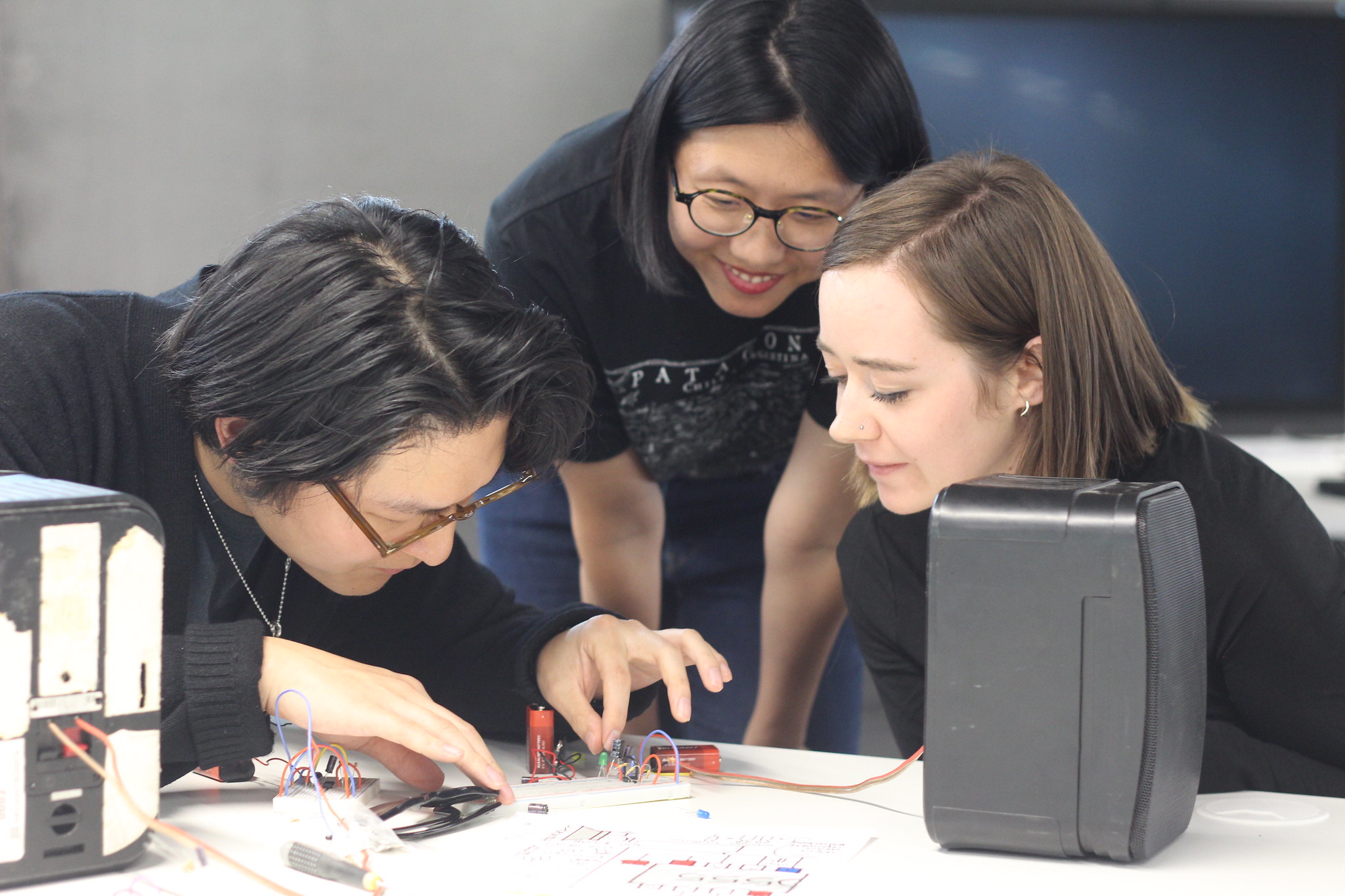25 students and 21 fellows are currently testing jointly developed visions for the university of the future in Linz. The focus is on interdisciplinary and project-based work.
25 students from all over the world have come to Linz for the Fall Term of the FOUNDING LAB. Their mission? To identify and try out the aspects that are essential for a university of the future. Initial ideas from the Summer School and the Forum have been incorporated into the Fall Term concept and are currently being tested for their practical suitability. We met with Anna Oelsch, the Fall Term manager at Ars Electronica, to find out more about this multifaceted project. Together with the Ars Electronica Festival and Futurelab team, she is responsible for the concept, content and implementation and tells us in an interview what goals the FOUNDING LAB Fall Term is pursuing, what the outcome will look like and what is extraordinary about this project.
Concept Focus
“The FOUNDING LAB Fall Term is a project-based, interdisciplinary concept that focuses on the transcultural mediation aspects of this very special setting that we have set up here.” However, Anna Oelsch also states: “This Fall Term is not a typical, regular university setting.” The aim here is to test in a prototypical way what university operations could look like in the 21st century if the concept can be rebuilt from scratch. Within the Fall Term, “we really wanted to focus on the two aspects that, interestingly, both the students and the fellows raised during the Summer School and the Forum when they developed their independent visions for the future university: The university of the future should be interdisciplinary and project-based.” The FOUNDING LAB represents “a kind of playground for experimenting with different prototypical ideas of what an ambitious concept for higher education could look like.”
25 students from all over the world present their own projects
The participants themselves play a central role in the success of the Fall Term. On the one hand, there are the students: “25 students from all over the world are coming to Linz for three chapter blocks on six different topics. At the same time, they work on their semester projects. They basically have complete freedom to contribute whatever they are working on.”
Anna Oelsch emphasizes that the quality of their projects and their input is so high primarily because they are already very advanced and established in their university careers and the diversity of their disciplinary backgrounds means that their projects enrich each other. “Most of the students are PhD students, some Master’s students who are working on their own projects. These are linked to the topic of the digital transformation of the new university and these in turn are linked to the chapters that the fellows are preparing.” On the other hand, the FOUNDING LAB team and the fellows will introduce students to the different approaches, methods and practices of scientific research as well as those of practical art. This allows them to benefit from the best of all worlds.

Chapters and Deep Dive Talks as a buffet
According to Anna Oelsch, the chapter program in Linz and the online Deep Dive Talks are to be understood as a buffet of the various aspects of digital transformation, which students can help themselves to – from the purely technical side of the hardware of a technology area such as robotics to the question of data selection or the media influence of art to the social and political implications and issues. Based on the completely different orientations of the semester projects, these learning opportunities are a resource for students to draw from.
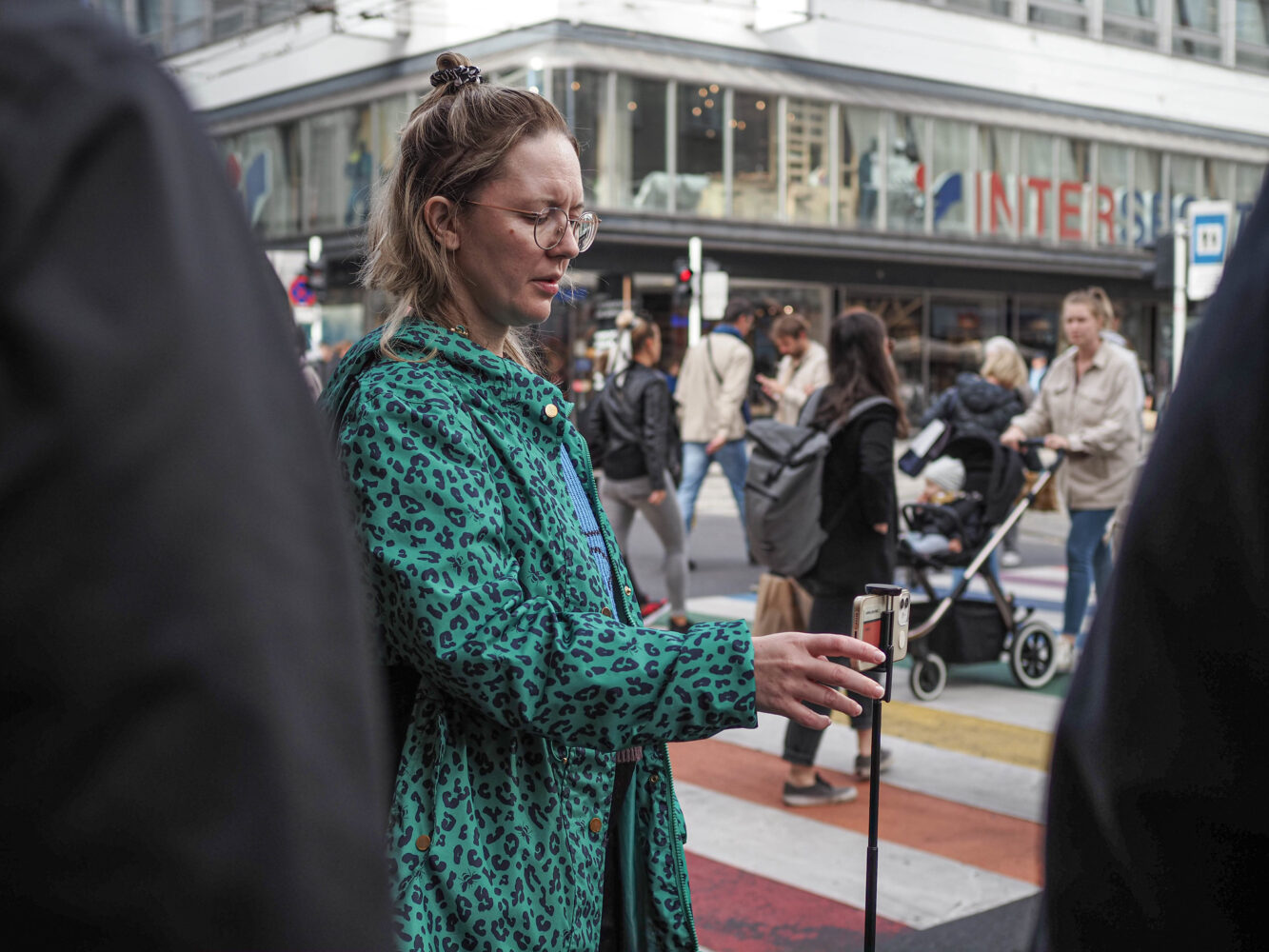

You can read more about Chapter 1, which was about infrastructure, and Chapter 2 on the topic of data & code on the Ars Electronica Blog.
Interdisciplinarity put into practice
The second important component alongside the students are the fellows, 21 experts in their respective fields from the various sectors: art and business are represented as well as the start-up sector and, of course, science. They prepare the chapters in groups, with the composition of the fellows carefully curated by FOUNDING LAB so that the mix of disciplines and sometimes controversial perspectives does justice to the claim of interdisciplinarity. This is the only way to ensure that a topic such as robotics is not examined exclusively from a technological, economic or artistic perspective. “In this way, the fellows themselves become an example of how interdisciplinary collaboration can be practiced and help students to learn to appreciate and apply the advantages of the various disciplines.” Particular attention is also paid to the exchange between students and fellows at eye level.

A new specialization
What the Fall Term does is bring students into contact with different scientific and artistic methods and approaches in order to combine the best of all worlds. The aim is for them to find out for themselves what it means to actually use the various advantages of different disciplines and different ways of thinking in a project. “We design and support the process behind the diverse results.”
The aim is to stimulate critical thinking and reflection on what is actually helpful on the way to a new university, how people from different disciplines can be brought together, how they can overcome traditional disciplinary boundaries and what is necessary as a framework or structure for this.
“What this programme is actually doing is laying the foundation for a new specialization, namely interdisciplinarity as a new expertise.”
This process of how the FOUNDING LAB focuses on interdisciplinarity as its own expertise will be documented for the public, as will the final outcome. The semester projects and the development processes will also be made accessible to the public online. “There will also be panel discussions with the students to provide a deeper insight into their experiences and the resulting learnings for the university of the future.”
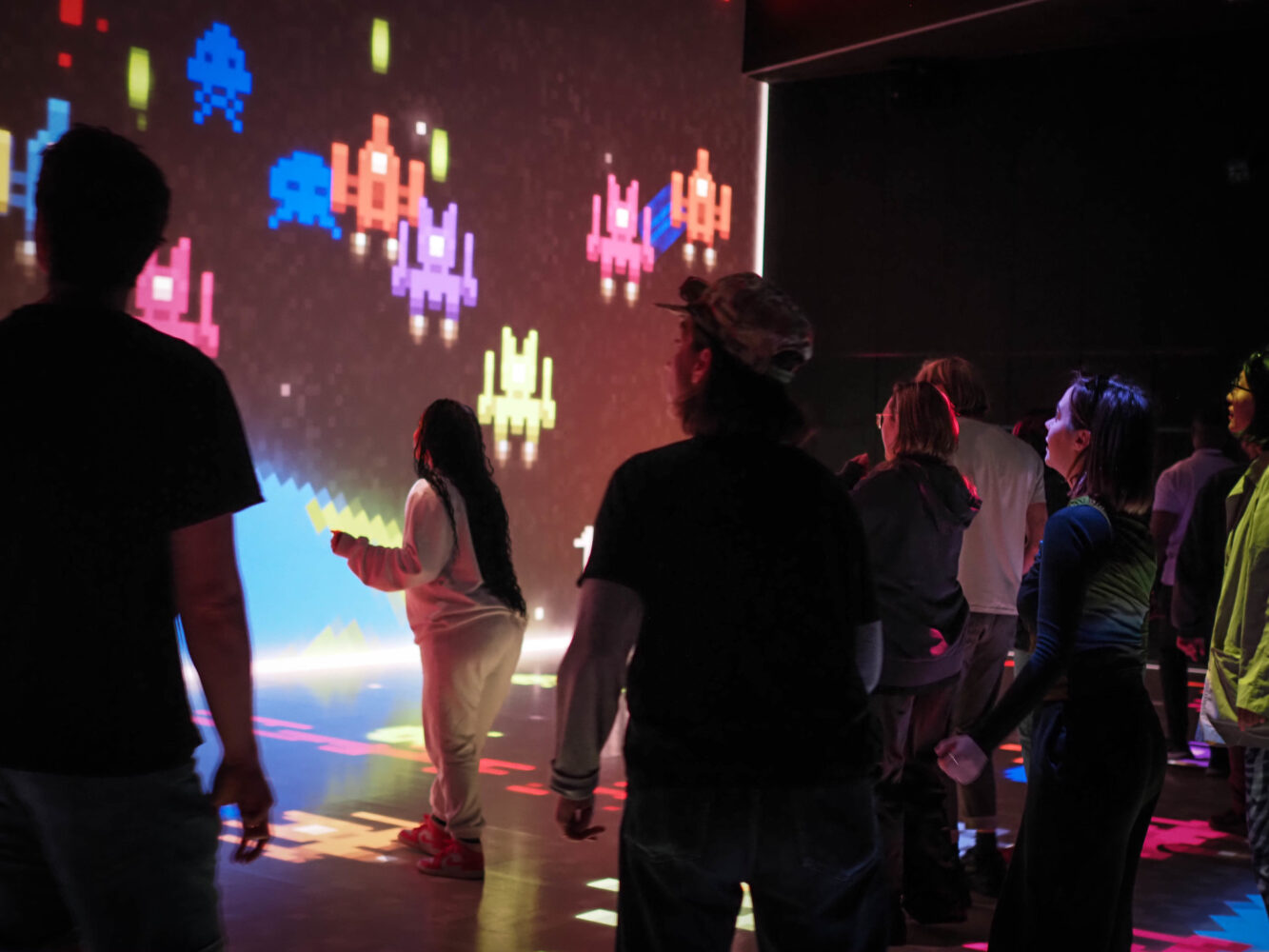
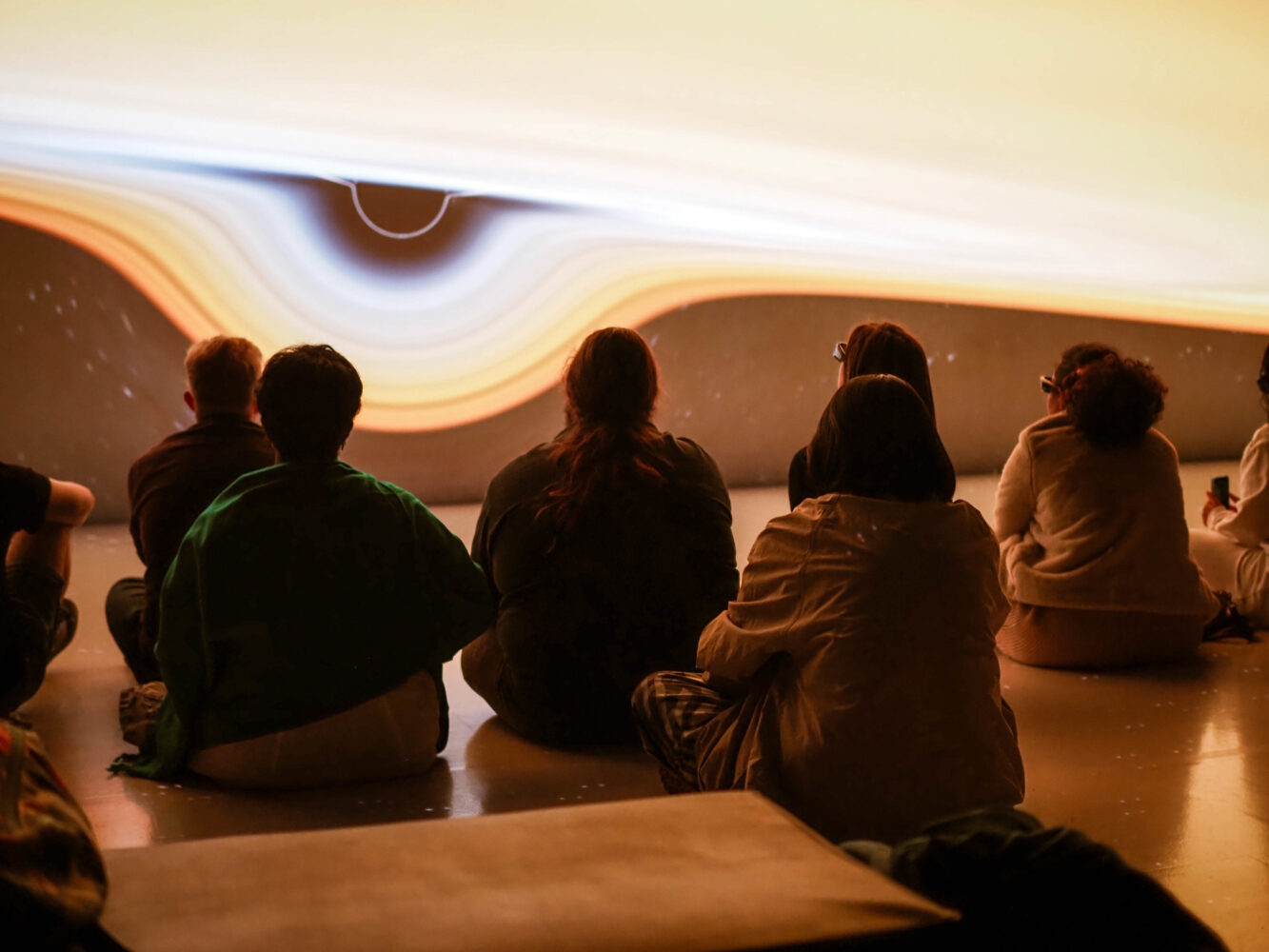

Kick-off for a new university
At the end of our conversation, Anna Oelsch summarizes once again that the FOUNDING LAB is a multifaceted project that is intended to serve as a kick-off for the new university. She sees the greatest added value in the fruitful mix of students and fellows, who in turn contribute many different perspectives and expertise, and the combination with the unique Ars Electronica perspective. The team develops and evaluates unexpected approaches and the FOUNDING LAB can be a playground for precisely these new, as yet untested approaches.
“What I personally love most about this program is this interdisciplinary matchmaking: this idea of bringing people together, of creating a platform on which an appreciative, challenging exchange of knowledge, skills, questions, approaches, methods and ways of thinking is possible.”
If you want to know more about the Founding Lab and the individual chapters, visit the FOUNDING LAB website, follow the program on the Ars Electronica Blog or join the students on the Ars Electronica social media channels.
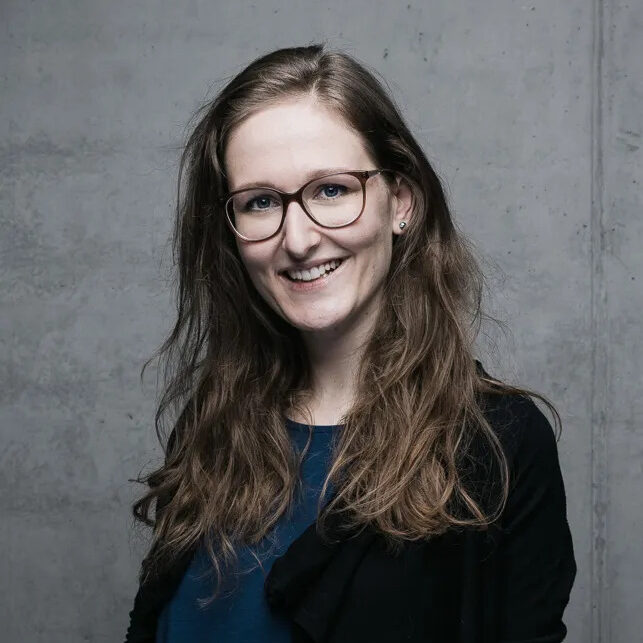
Anna Oelsch
Working at the edge between science and art has always fascinated Anna. Her scientific thinking and analytical skills were mainly shaped during her studies of Technical Physics at the Johannes Kepler University Linz, whereas her artistic way to approach ideas is currently further developed at the University of Art and Industrial Design Linz studying in the teacher training program for visual arts and physics. Working for the Ars Electronica Futurelab allows her to bundle this varied skill set for project management, creative prototyping, art thinking research, mentorship for artists in residence and much more.
